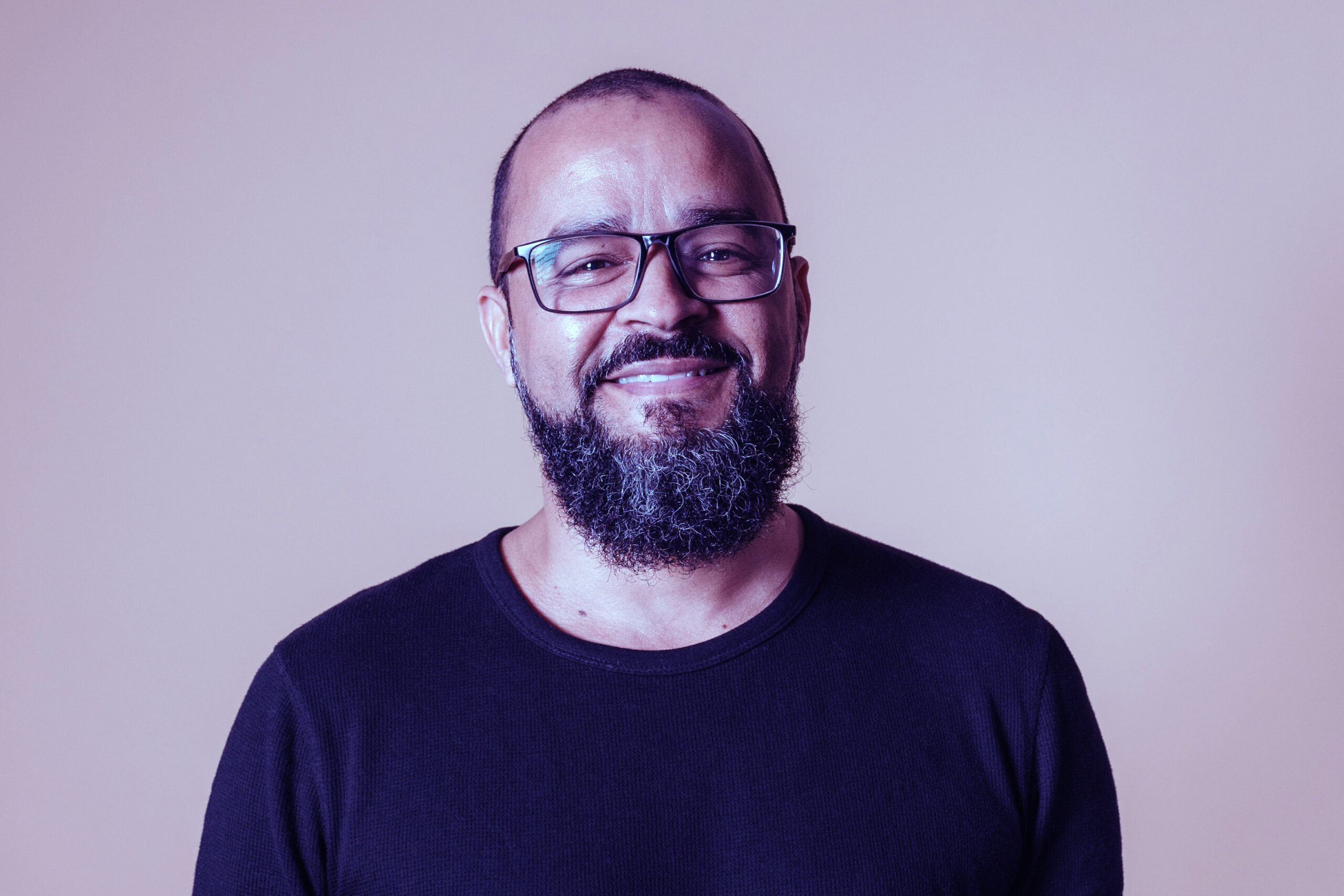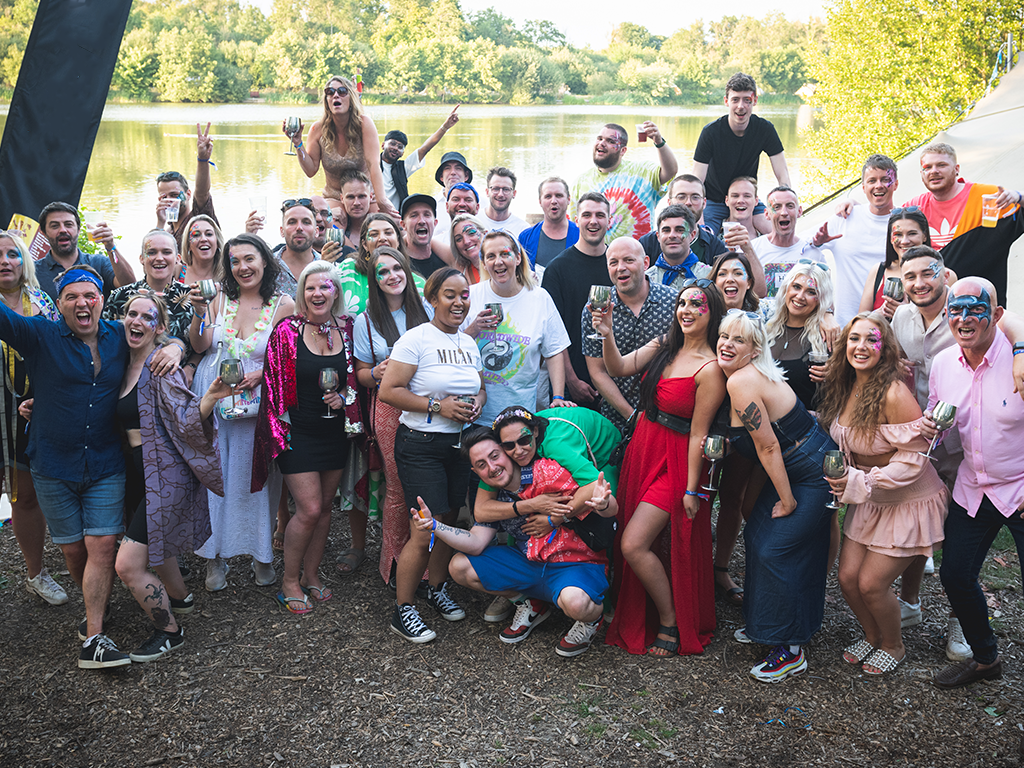2023 UK Public Sector Tech Trends

As 2023 has got off to a flying start, we’re looking ahead to the rest of the year with one specific question in mind: what does 2023 digital transformation look like?
From local government, healthcare and NHS to social housing and higher education, every corner of the public sector is accelerating transformation – but how will the next year inform what happens in the Public Sector?
Artificial Intelligence & cognitive services
Machine learning has been a slightly daunting topic for those involved in public services. AI has been the talk of the wider tech space for a few years, though it hasn’t really broken through to the public sector – but that’s all about to change in 2023. Its stability in recent times has allowed organisations to identify a wide range of use cases. Healthcare, NHS, local authority, housing and education sectors are increasingly adopting cognitive services – software that mimics human learning to perform tasks.
From image recognition in clinical photography to decision making in benefit applications – the power of machine learning is almost limitless within public services and sectors are taking note.
Smart technologies and cybersecurity
Regional governments and smaller organisations face increased pressure to improve services while significantly reducing operating costs. That said, we anticipate continued investments in essential areas, such as defence and healthcare, where organisations are looking to increase efficiency and resilience through embedded smart technologies and cybersecurity solutions. Vendors must look to align their services with this requirement.
In parallel to these five service areas, organisations should look for opportunities to develop social value programmes, especially in areas that are commercially viable.
Despite budgetary pressures, strategic and trusted technology and IT services providers that recognise the pressures brought by increased public borrowing will have the advantage as we progress into next year. To stay relevant, however, they must make clear their impact on agility, cost savings, and social value – while at the same time aligning their wider offerings with the policy, spending priorities and aims of government departments.
Low & no-code
Another top 2023 trend that’s been gearing up over the past few years is the use of low and no-code tools. Digital transformation in the public sector comes in many forms – from automations and workflows, to mobile apps and eForms. However, technical capabilities within these organisations have often placed a barrier between these implementations – with many digital teams unable to support code-heavy projects.
Low and no-code development negates this issue. Intuitive graphic-led drag-and-drop studios enable the creation of digitisation without the need for advanced coding capabilities. This makes transformation so much more accessible, and in the spirit of doing more with less in 2023, low code is set to expand capabilities across the public sector exponentially.
Distributed architecture
Particularly in the public sector, hybrid cloud has been all the rage throughout 2022 – but in 2023 distributed architecture is set to take the cake.
The hype for hybrid was mostly centred around its ability to introduce organisations to the benefits of public cloud without abandoning existing infrastructure.
The public sector acknowledges its need for multi cloud benefits, and many have already adopted cloud and Edge environments alongside on-premises architecture.
Distributed architecture allows you to use public, private, and community clouds together at once, as if they were one environment. It brings environments together for a congruent, convenient, and interconnected experience. It unlocks and combines architectures, accelerating the call for platforms that can support this evolution.
End-to-end processing
Involving the combination of multiple technologies to support a process from start to finish, end-to-end digital transformation is arguably 2023’s biggest upcoming trend. As the public sector is becoming increasingly well-versed in digital transformation – utilising technologies like eForms, apps, workflows, web services and RPA – the industry is naturally progressing towards fully integrated projects that maximise the power of each.
Data and analytics
Vendors with ready-to-go and cost-effective answers for automation, hyper-automation and the personalisation of citizen-centric services will continue to be of value to the UK government. The need for timely data and insights to support critical decision-making through this time of economic turmoil will also continue to be a top priority. This will likely spur spending in data and analytics.
The circular economy
Achieving climate neutrality by 2050, preserving our natural environment, and strengthening our economic competitiveness requires a major shift to a circular economy.
Government organisations will be increasingly looking at how to operate in a way that preserves resources, makes good business sense, and reduces environmental impact. There is an opportunity for IT vendors who can guide government organisations in this shift and build digital foundations – a digital backbone – to accelerate the journey to a resource-efficient economy.








